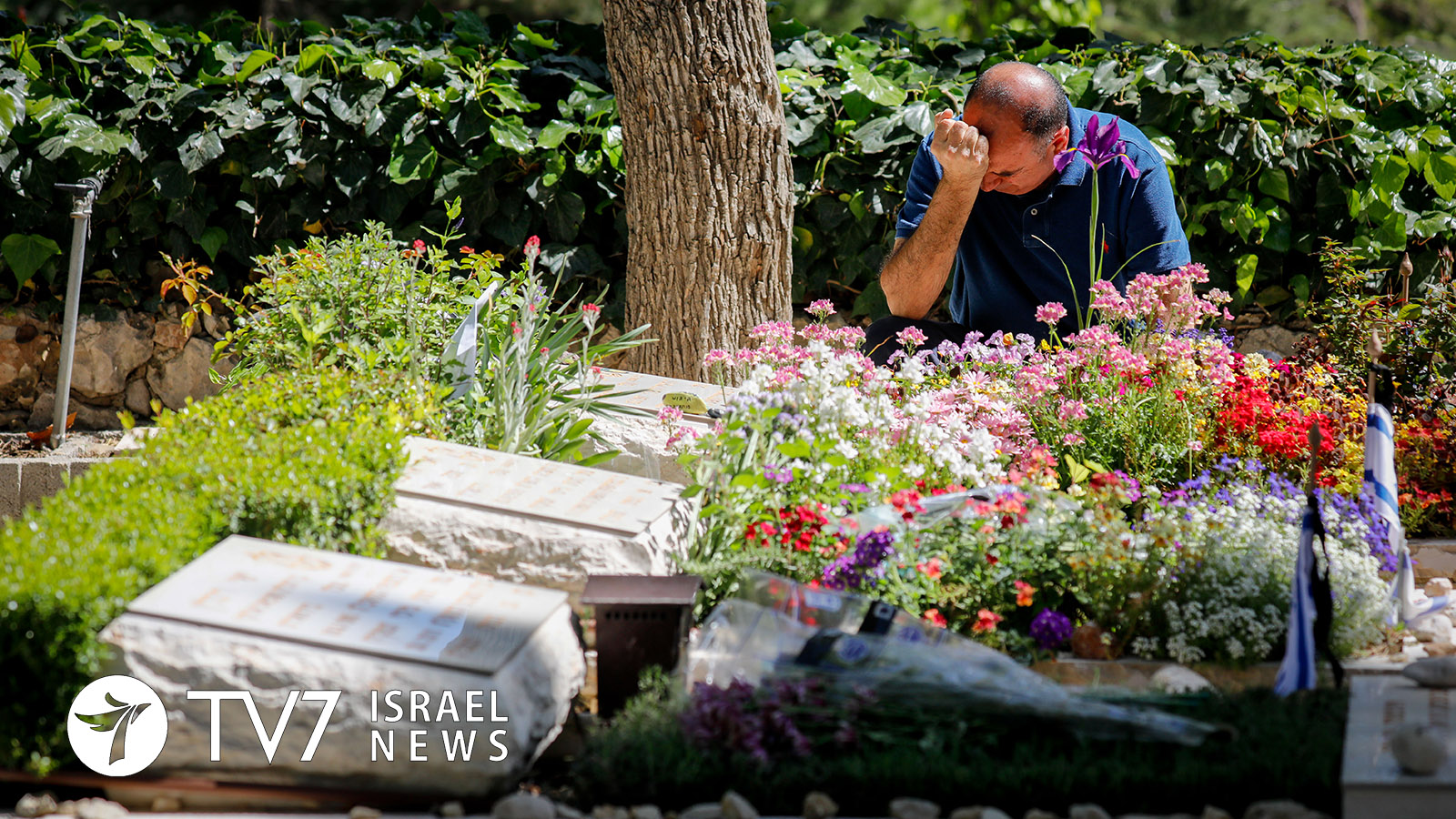The highly contagious coronavirus continues to spread relentlessly throughout the Jewish State.
According to the latest data released by the Israeli Health Ministry, there are 702 newly-confirmed cases to a total of 15,589. 117 of the patients are in critical condition, and 94 are on ventilators. 6 more Israelis have succumbed to the disease, raising the mortality level to 208.
579 people have recovered, bringing the overall number of Israelis to survive COVID-19 to 7,375.
The Cabinet in Jerusalem has decided to gradually reopen schools nationwide starting on Sunday, 3 May. The plan, proposed by the Ministry of Education, is subject to an assessment of the situation slated to be held on Friday. Children under the age of 9 are slated to return to classes at public facilities first.
In addition, the Ministry of Welfare argued for the resumption of daycare for infants and toddlers from birth to age three, along with nursery schools, kindergartens and grades 1 to 3 in elementary schools, as essential for parallel efforts to restart the Israeli economy.
As the nation marked Memorial Day, bereaved families were unable to visit military cemeteries that remained closed due to government restrictions to prevent spread of the epidemic. In a video address, Prime Minister Benjamin Netanyahu expressed understanding with sadness experienced by those unable to mourn at the final resting sites of their loved ones.
“My brothers and sisters from our bereaved family, in our 72 years of independence, we have known different Memorial Days. We have known Memorial Days in times of complex wars, in times of operations and raids, in times of terrorist attacks and also in peaceful times…In times of peace, during which our readiness and vigilance continues – they never leave us. This year, we are remembering our sons and daughters and community heroes in the midst of the battle against the coronavirus. This is a new kind of enemy. But with God’s help, we will beat it too. We will do so with determination, fierceness and national cohesion. These values are the legacy of the fallen, the legacy of our loved ones,” he said.
The Israeli Premier, who also lost his brother Yonaton Netanyahu during the 1976 Entebbe Hijacking incident, highlighted his belief that the nation’s fallen soldiers – who made the ultimate sacrifice for the Jewish State – would have want the People of Israel to remain protected in all ways.
“When tested, they charged ahead. Charged ahead to protect our common home, protect the country. That is why we are in eternal debt to them,” said the Israeli leader, continuing, “I also know another thing though; they would want us all to continue to live in safety and in health. And that central consideration is guiding us this year. To protect lives, to protect health. Not to endanger life nor health in vain.”
“Therefore, this year we will avoid gathering at military cemeteries, and an honor guard of IDF soldiers will be stationed there. I know how difficult this is. Like you, I would like you to be by my brother’s grave, may he rest in peace, as you would like to be by your loved ones’ graves. But this year we will remember them in many other ways, in stories, songs, movies, candlelighting, online gatherings – and above all, in our hearts,” he said.
Several people wearing face masks and gloves laid flowers and prayed at the gravesites of family members ahead of the lockdown. At the Mount Herzl National Military Cemetery in Jerusalem, Rachel Mor Mizrahi voiced her sadness to Reuters to see it so empty, explaining “usually there are thousands of people,” but that now “you hear the birds, almost nobody is here.”
One unnamed mourner set down medals atop the burial place of his fallen son, saying, “we came here to be with you alone.”
